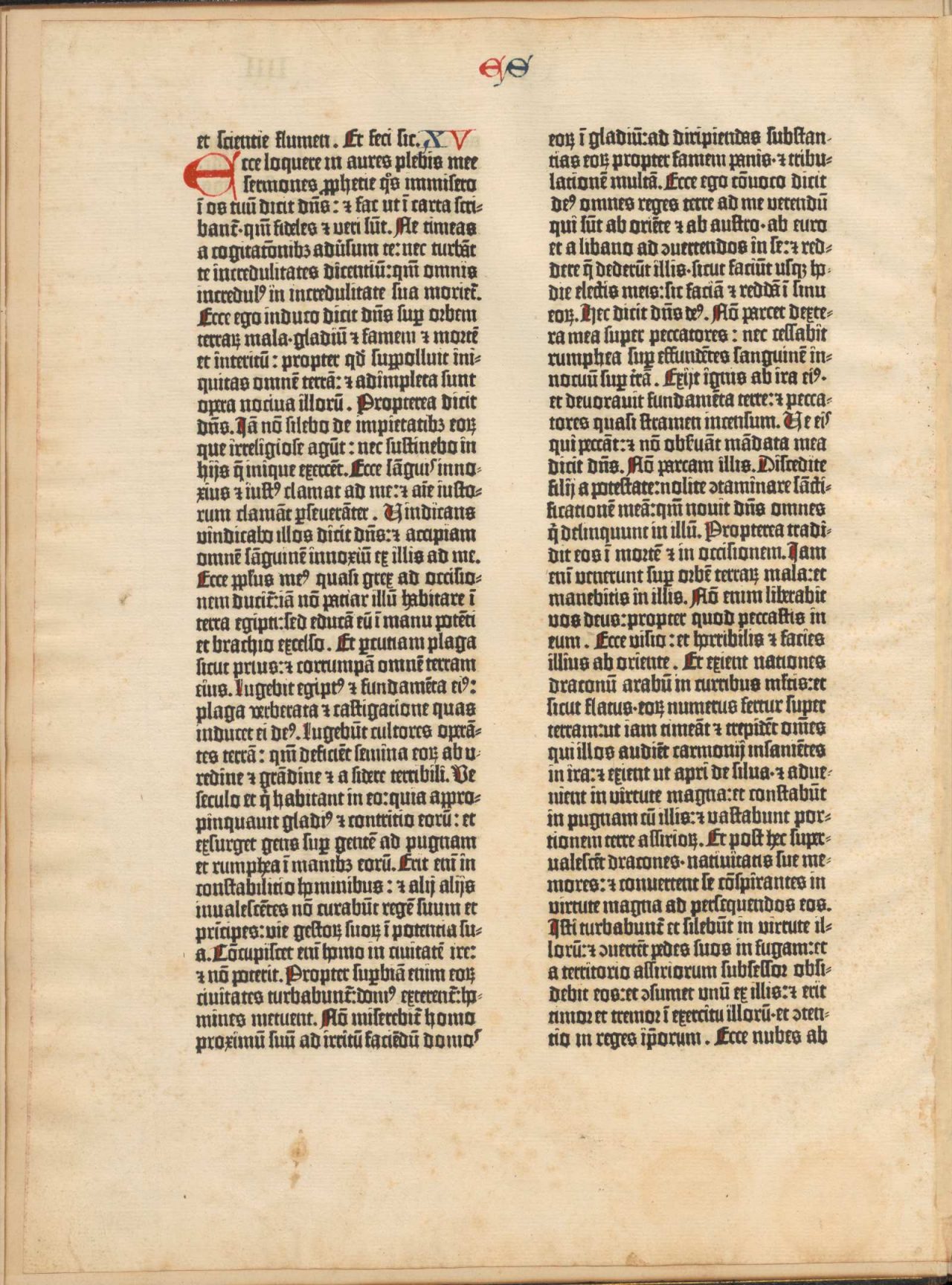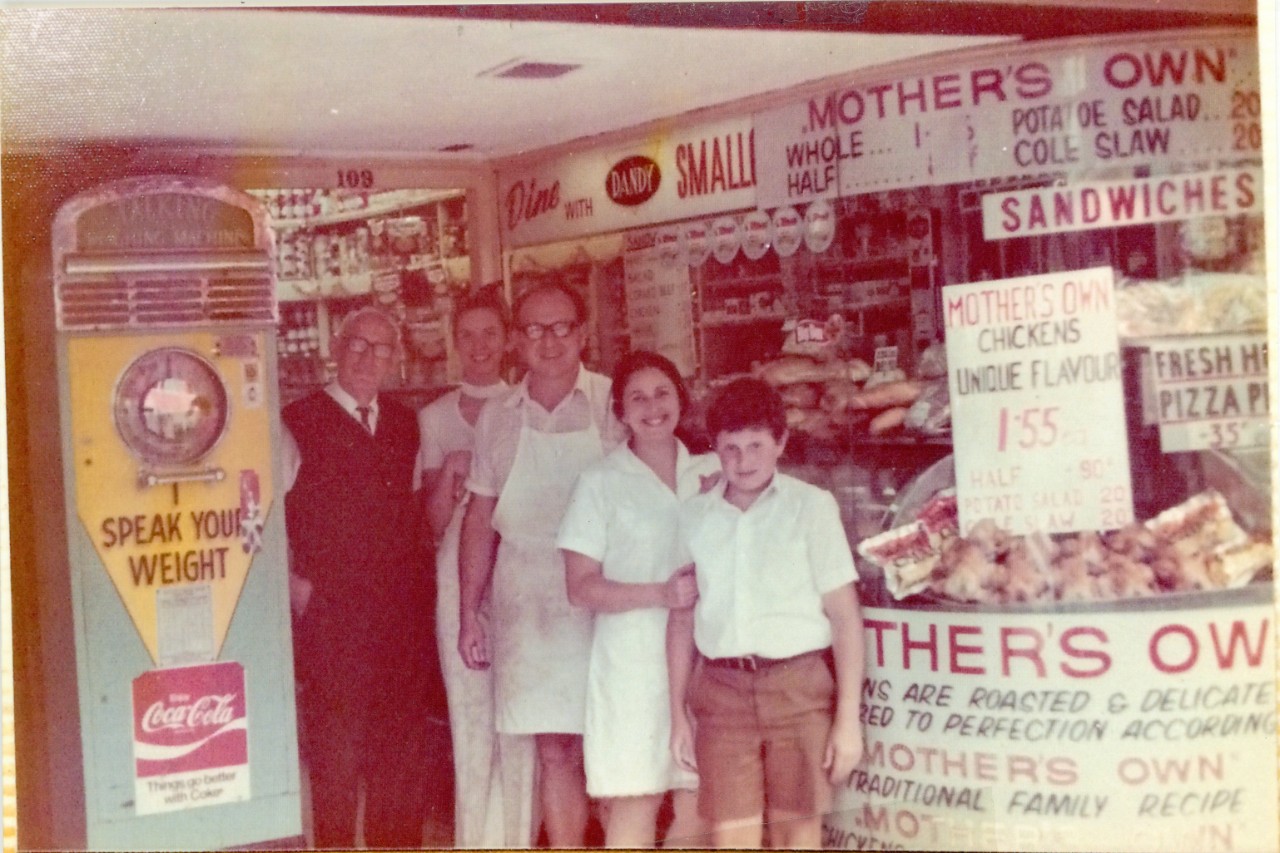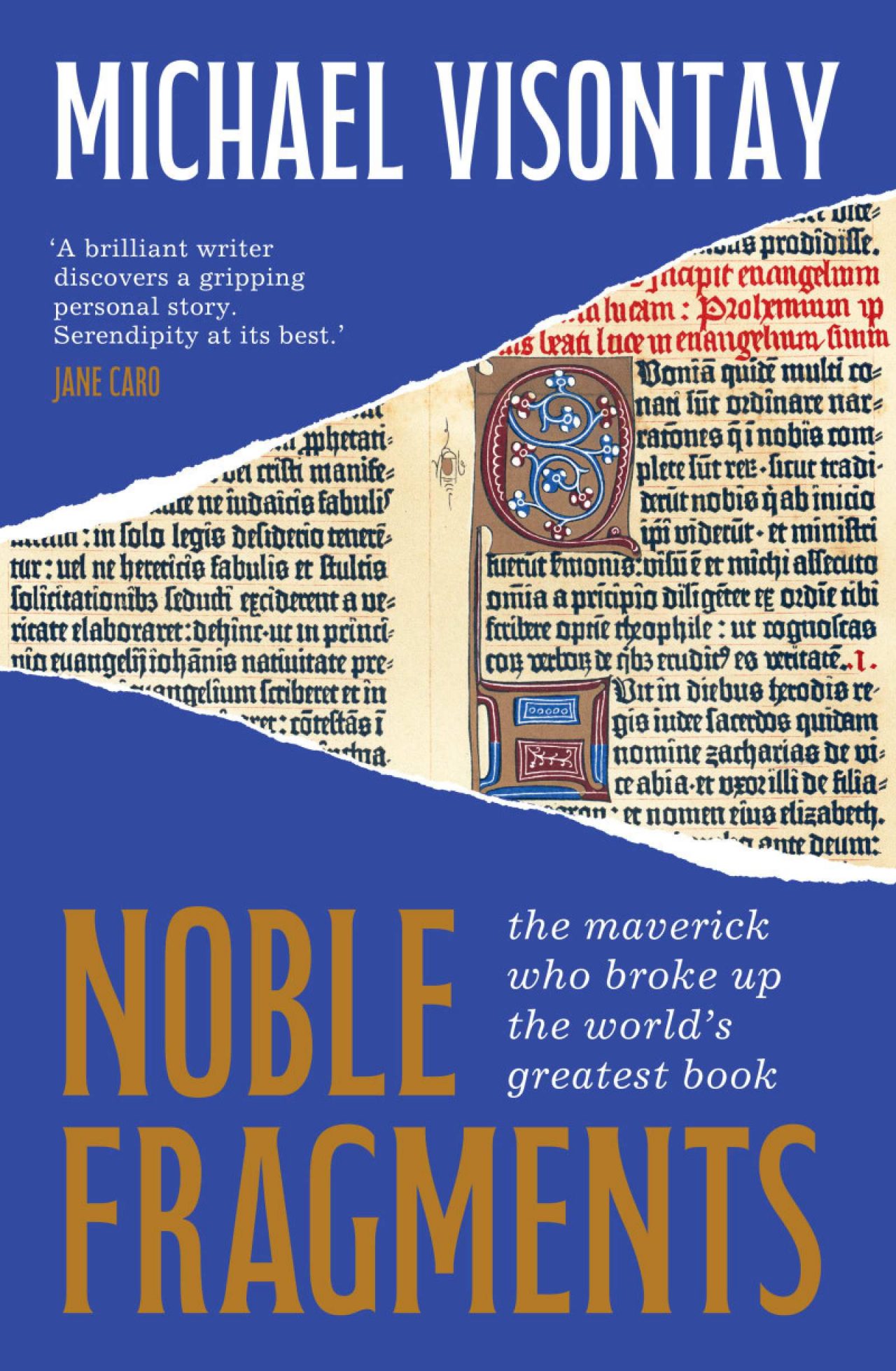A Noble Fragment of the Gutenberg Bible: acquisition and talk

Recent acquisition
The Gutenberg Bible was printed in Germany by Johann Gutenberg in the 15th Century. It is considered the first great book printed in Western Europe from movable metal type, marking a transition from the Middle Ages to the modern world. The invention of the mechanical printing press by Gutenberg was highly significant, enabling information to replicated and shared en masse for the first time.
Copies of the Gutenberg Bible are incredibly rare and sought after for their historical significance. In 1921, a copy of a Gutenberg Bible was dissected and distributed page-by-page. These individual leaves became known as the 'Noble Fragments'.
The Library's recent acquisition of a 'Noble Fragment' was made possible with funds from the John Alan and Marcelle Gilbert Fund. The item holds significant potential for research and use as an educational tool for historical, religious, literary, and art and design studies.
The Library's copy can be located in the catalogue and viewed by appointment with Rare Books and Special Collections. It has also been digitised and can be viewed online.


Upcoming talk with Michael Visontay on 4 Feburary 2025
In addition to its historical significance, these ‘Noble Fragments’ hold a special place in the family history of alumnus Michael Visontay, author of the recently published book Noble Fragments: the maverick who broke up the world’s greatest book.
Michael will be speaking about this at an upcoming talk on 4 February 2025 entitled The bookbreaker of New York: a ripping yarn. Free registrations are now open.
About the talk
One hundred years ago, Gabriel Wells, a New York bookseller, committed a crime against history. He broke up the world’s greatest book, the Gutenberg Bible, and sold it off in individual pages. Wells’ audacious venture, in 1921, scandalised the connoisseurs of the rare book world. The Gutenberg was the first substantial book in Europe to have been printed on a printing press. It represented the democratisation of knowledge and was the Holy Grail of rare books.
When Wells broke his bible up, there were only 45 known to be in existence. Was the break-up a sacrilege or a canny deal? New Yorkers were divided. For every frown of disapproval, there was a lick of the lips. It was the Roaring Twenties, the Gatsby era of fabulous wealth. Tycoons such as JP Morgan, Pierre du Pont and Henry Huntington were in a feeding frenzy to acquire items that would demonstrate their refinement. Wells marketed the pages as ‘Noble Fragments’, they sold like hot cakes, and he died a rich man.
A century later, Sydney journalist Michael Visontay stumbled upon a mysterious legal document that linked Wells to his own family. He became obsessed by the Gutenberg’s invisible imprint on his life, and set out to track down the pages of the broken bible. This book is the story of the author’s hunt for those fragments, which sent him into libraries and dealers across Europe, America, Asia and Australia.
The most recent to arrive on our shores was acquired by the University of Sydney Library, and the story surrounding its purchase adds another layer to the Gutenberg’s enduring mystique.
Part detective story and part memoir, Noble Fragments is an expedition into the arcane world of book collectors and their eccentric passions, and a journey of discovery about his family’s debt to an act of literary vandalism.
Read more in a recent article in the Guardian: The 1920s desecration of a Gutenberg Bible shocked the US – but miraculously gave a Jewish family new life in Australia.
About the speaker
Michael Visontay has worked for 40 years as a journalist, editor, author and lecturer across a broad range of Australian media. Michael is a former Assistant Editor of the Sydney Morning Herald and Deputy Editor of the Sun-Herald, and is currently Commissioning Editor of The Jewish Independent. Michael wrote Welcome To Wanderland: Western Sydney Wanderers and the Pride of the West, and has co-authored four memoirs, including Who Gave You Permission?, the memoir of child sex abuse survivor, Manny Waks. Michael is also an alumnus of the University of Sydney, graduating with a Bachelor of Economics in 1979.
This event is presented by the University of Sydney Library, the Friends of the Library, and Alumni and Supporter Experience.
Contact
Talk to staff member at the Rare Books and Special Collections information desk Monday to Friday: 11am – 3pm or email rbsc@usyd.libanswers.com